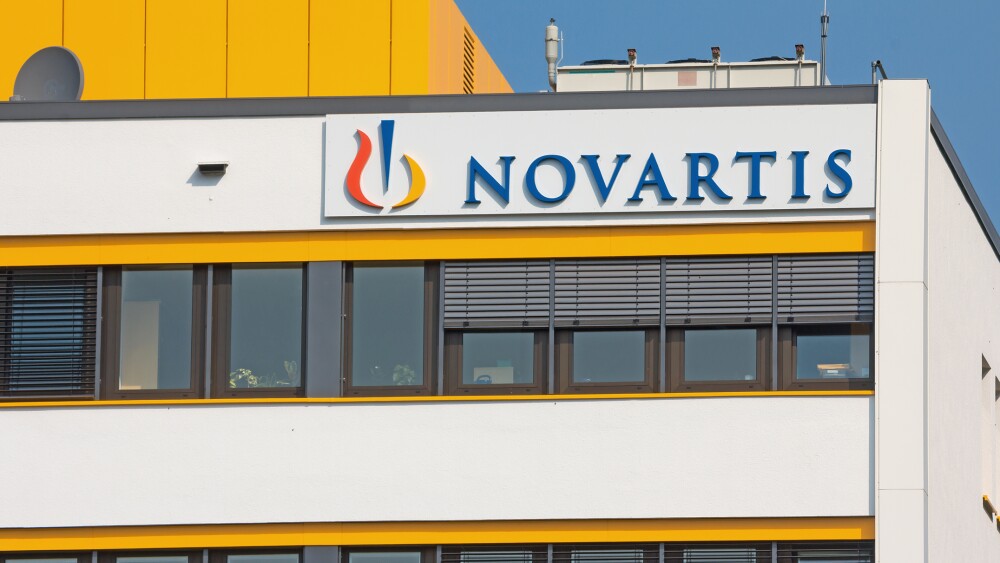Supporters and those opposed to the proposal are marshaling their forces ahead of the April 12 shareholder vote.
Several shareholders have come out in opposition to the proposed Bristol-Myers Squibb acquisition of Celgene. But now, the deal has some additional support from proxy advisory firm Institutional Shareholder Services (ISS).
This morning ISS recommended that shareholders support the $74 billion acquisition next month during the vote. In a report to shareholders, ISS echoed BMS leadership and said the proposed deal “has sound strategic rationale” and added that “the valuation appears reasonable,” Reuters reported.
Following the ISS report, shares of Celgene jumped more than 7 percent to $94.40, as of 10:04 a.m. Shares of BMS are up slightly to $47.76 as of the same time.
Shareholders are set to vote on the proposed acquisition on April 12. The deal has been strongly supported by leadership from both companies. Earlier this week the BMS board of directors issued an open letter to shareholders urging them to support the deal. The directors said combining the companies will position BMS for sustainable long-term growth. The board said it conducted a “rigorous evaluation process” before the deal was announced and is confident that the $74 billion acquisition is “the best strategic option for the company at this time.”
The board’s support bolstered the public support and defense of the deal BMS Chief Executive Officer Giovanni Caforio has been forced to make. Caforio said the deal will create “the number one oncology franchise” for both solid and hematologic tumors. Caforio said the pillars of the combined pipeline will be built on the blockbuster checkpoint inhibitor Opdivo, as well as Yervoy and Celgene’s powerhouse drugs, Revlimid and Pomalyst. Caforio said the deal “is the right option and the best option for Bristol-Myers Squibb.” Earlier this month, the company outlined the advantages of the deal, citing four specific points. They included growing a stronger commercial presence in the company’s key disease franchises, launching “exciting new medicines,” including six in the near future, advancing a significantly enhanced early-stage pipeline, and integrating a range of R&D modalities to strengthen the pipeline.
While ISS, the board of directors and Caforio are urging shareholders to support the plan, two key shareholders have come out in opposition to the deal. Starboard Value LP and Wellington Management Company LLP, which owns about an 8 percent stake in BMS, have raised concerns about Celgene’s pipeline and the looming patent loss for Revlimid. Revlimid, which earned nearly $10 billion in revenue for Celgene last year, will lose about 60 percent of its earning power over the next seven years as patent protection drops, Starboard said when it came out against the deal.
Wellington said it believes BMS should be active in business development that involved mergers and acquisitions, but the investment management firm does not believe the Celgene deal “is an attractive path towards accomplishing this goal.” Wellington also said the deal asks BMS shareholders to accept too much risk and also disagreed with the terms offered to Celgene stockholders. If the merger is completed, Celgene stockholders immediately prior to the completion of the merger will be entitled to receive $50 in cash, one share of Bristol-Myers Squibb common stock and one contingent value right for each share of Celgene common stock held by them.





